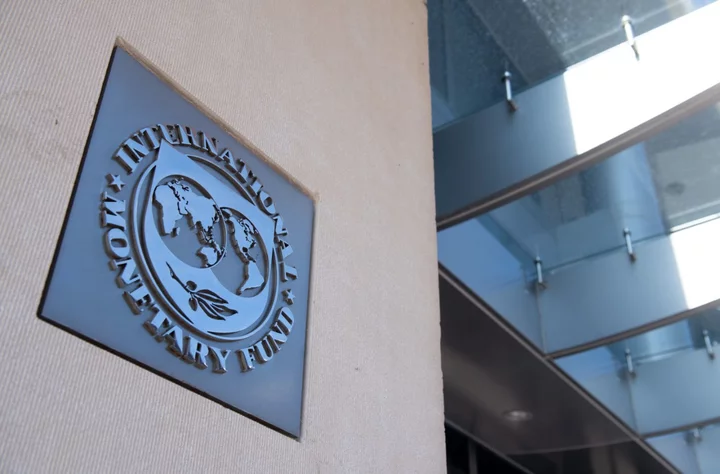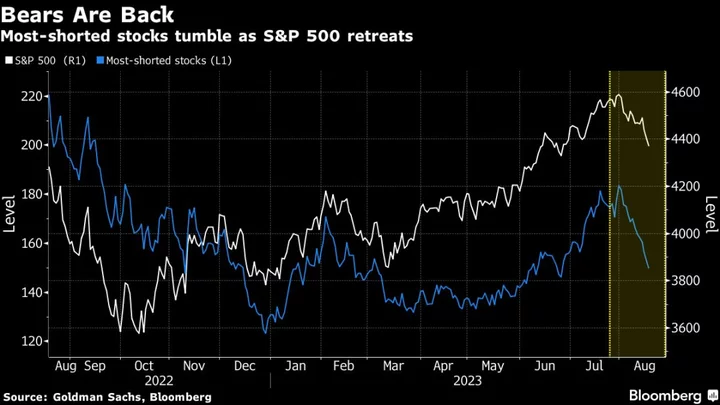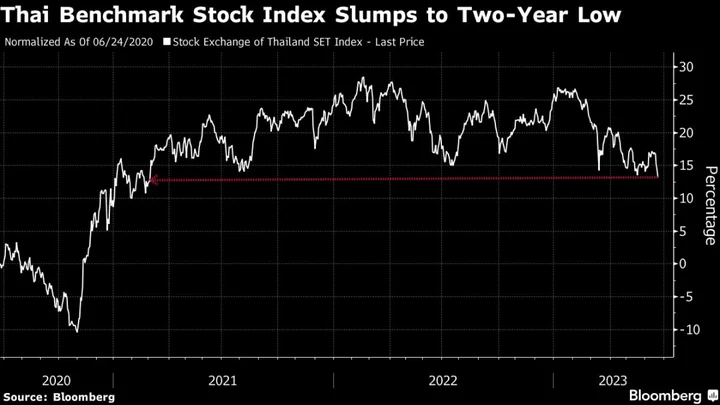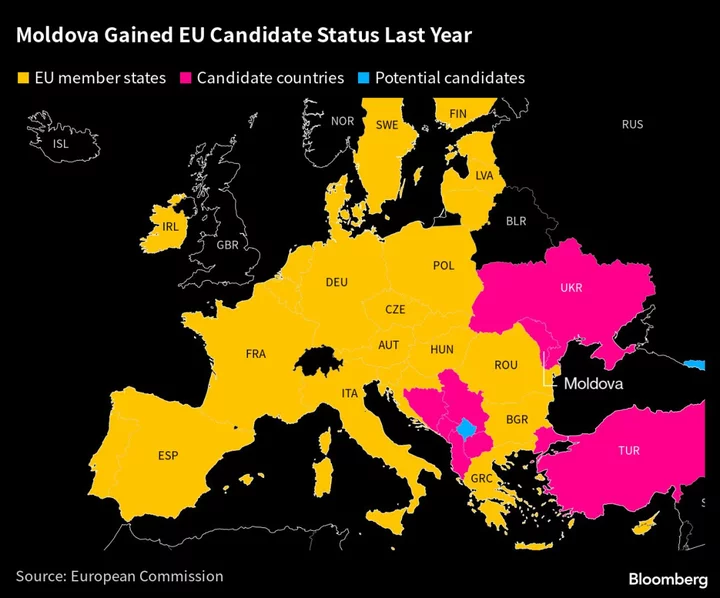Britain’s labor market tightened unexpectedly in April as wages shot up and unemployment fell, fanning inflationary pressures that are a concern to the Bank of England.
The unemployment rate dropped to 3.8% in the three months through April, defying forecasts for an increase to 4%, the Office for National Statistics said Tuesday. Average earnings increases excluding bonuses rose to the highest ever outside the pandemic.
The pound extended gains after the release, rising as much as 0.5% to $1.2566.
The figures are a major surprise because economists and the Bank of England had been expecting the labor market to loosen under the pressure of 12 consecutive interest rate increases. Instead, a shortage of workers, many of whom dropped out of the workforce in the pandemic, is now fanning a wage-price spiral.
Investors expect the BOE to keep hiking rates through the summer, starting with a quarter-point increase to 4.75% on June 22. That would be the highest rate since the start of the global financial crisis more than a decade ago.
Wage growth in April was boosted by a 9.7% increase in the national minimum wage, which was aimed at cushioning the lowest-paid workers from a surge in food and energy prices.
Overall, pay growth excluding bonuses accelerated to 7.2%, the highest ever recorded outside the pandemic. In the private sector, pay is growing by 7.6%, also a record aside from the period distorted by Covid lockdowns.
That’s still less than the rate of inflation, which peaked in double digits and only slowed to 8.7% in April — a level still higher than economists and the BOE had expected.
Soaring prices have squeezed household living standards. Real wages adjusting for inflation are still 1.3% lower than a year earlier. That has led to the worst period of industrial strife since the late 1980s.
The ONS said 257,000 working days were lost due to strike action in April, a month that saw civil servants including passport workers and junior doctors continue their campaign for better pay.
It took the total days lost since the start of last year to almost 3.9 million, the most since 1989-90 when the country was in the grip of unrest in the dying days of Margaret Thatcher’s premiership.
The number of people in work and the number of hours worked passed pre-pandemic levels for the first time, hitting new highs. The UK had been the only Group of Seven nation where employment and hours had not fully recovered.
The number of vacancies slipped to 1.05 million in March to May from 1.09 million in February to April. But this number is still around 25% higher than pre-pandemic levels.
--With assistance from Elina Ganatra.
(Updates with details from the report.)









